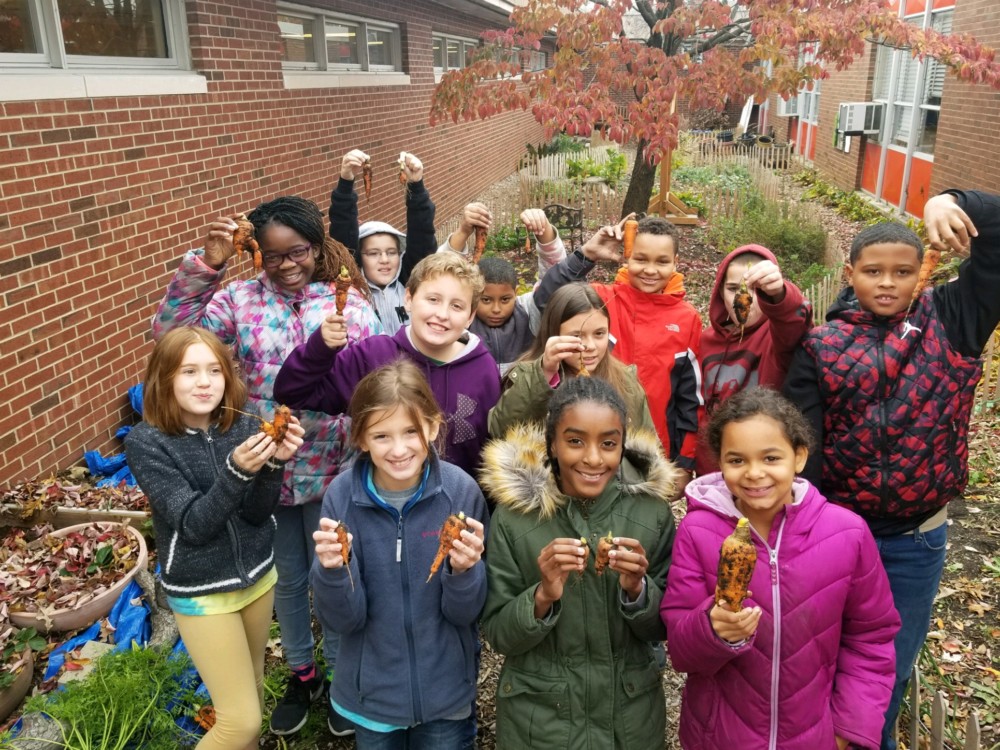
Growing Future Gardeners
Gardeners and garden industry professionals know that the best plants are the ones that have strong beginnings. Seeds that are sown in well-draining soil, exposed to optimal temperatures and given just the right amount of light, water and nutrients are going to produce the healthiest and strongest plants once placed in the garden.
Those of us trying to grow future gardeners (and garden product consumers!) can benefit from similar recommendations — plant the seed of gardening in children early and provide optimal conditions and encouragement, along with age-appropriate activities to help young people grow into adults who are invested in and truly love to garden.
Cultivating Young Gardeners
Supported by research showing participation in youth gardening activities influences environmental attitudes and engagement of gardening as an adult, in addition to resulting in positive impacts on dietary behaviors and academic performance, the number of school, community and home youth garden programs has steadily grown in recent years.
Providing kids of all ages with opportunities to experience hands-on learning in garden settings offers both immediate and future benefits. From cultivating kids who love their fruits and veggies and are curious about the natural world, to growing adults who will eat healthier, develop and invest in sustainable food systems, and strive to make decisions that will preserve our environment, youth gardens offer a solution to a great need for change in our society.
At KidsGardening.com, our mission is to create resources and offer inspiration to educators, families and other community volunteers to motivate them to garden with kids in their lives and provide them with the tools they need for success. From basic gardening tips and planting recommendations to activity and lesson ideas, we hope to encourage new and experienced gardeners to literally dig in to this amazing experience.
Just like any ambitious initiative, we cannot do it alone. We rely on our wonderful industry sponsors at the national and local levels to help support our work. From the cheerleaders who offer words of encouragement to funders and sponsors who help put the necessarily supplies in place, it takes a community to build, maintain and sustain a successful youth garden. We need your help to get every child in the garden.
Want to show your support for youth gardens and build your future customer base? Here are a few ideas for ways that independent garden centers can promote and support youth garden programs at home and through school and community garden programs.
Gardening with Kids at Home
Provide Educational Support
One of the barriers for adults who want to garden with the kids in their lives is lack of confidence in their own gardening abilities. By providing short classes or demonstrations on weekends — or even just offering some educational materials on site — garden centers could really help boost knowledge and confidence. Talk to your local Master Gardeners and/or local garden clubs for potential educational collaborations who may have specific ideas for gardening with kids. We also have a plethora of activity and lesson ideas, along with youth friendly design ideas at KidsGardening.org.
Highlight Easy-to-Grow, Kid-Friendly Plants
Create a special display of kid-friendly plants. Hardy plants that are easy to grow in your area will offer the most success, and success keeps kids motivated and excited about the process.
Plants that have features to attract fun critters like butterflies and birds provide an added bonus. Make sure to include a plant or two that does not mind a little neglecting. Families with very young children should also avoid poisonous plants. For ideas, check out our website for a list of recommended plants for young children.
Promote Container Gardens
Container gardens are a great way to get started gardening with kids. Potentially inexpensive and adapted for spaces of all shapes and sizes, container gardens allow families to start small but dream big. They can even be placed on wheels for easy relocation.
Offering a variety of containers, well-draining potting soil and compact plant varieties will help families jump into gardening. Quick demonstrations will provide the how-to knowledge to give parents the confidence to give them a try.
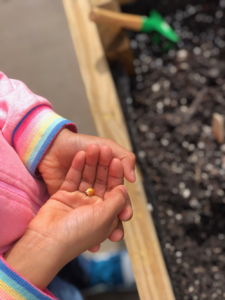
Offer Raised Beds
The next step up from container gardens is raised beds. Pre-manufactured or DIY raised beds can help families overcome poor soil and help control weeds while offering a bit more growing space than can be found with containers. Kits and/or pre-cut lumber is especially helpful to motivate new gardeners to try them.
Provide Solid, Appropriately Sized Tools
Although the cute gloves, trowels and watering cans may work for the youngest of gardeners, they are usually not long-lasting and can even be dangerous if they break easily. That being said, many adult tools are too heavy and too sharp to be safe. Try to provide some lightweight yet sturdy tools to offer your customers with children.
Add Some Fun
Garden gnomes, fairy gardens, stepping stones and wind chimes can turn an ordinary garden space into a whimsical children’s garden. Make sure to have plenty of these child-friendly accessories in stock. A station where kids could paint rocks or plant a “magic” bean seed can be an inexpensive yet great way to get families into your garden center.
School and Community Gardens
In addition to the above suggestions for home gardeners, which are all transferrable to school and community garden programs, here are a few ideas for ways that garden centers can help support school and community gardens as well.
Define Your Giving Policy
Don’t wait until someone comes to you asking for donations. Take time each season to consider what you may be able to give to youth garden programs looking for support. From discounts to overstock items, even small levels of support can go a long way. Setting up a specific process for donation seekers to go through to request aid can provide a lot of benefits to you and to the school and community garden programs in your area.
Create a School and Community Contact List
You may have opportunities for donations come up unexpectedly. Create a contact list of school and community garden programs so you can reach out with donations or special offers and discounts.
Support Local School and Youth Garden Support Organizations
Rather than working with individual schools which may seem like a lot of work for your staff, consider seeking out a local school or youth garden support organization that works with a network of gardens. Not sure if you have a youth garden support organization in your area? Your local Extension office will probably know.
Support the National Youth Garden Movement
Want to help youth gardens on a larger scale? KidsGardening.com can use your help to deliver our annual Youth Garden Grant. Awarded to 25 programs across the country, the Youth Garden Grant is the nation’s first and longest running grant for youth and school gardens.
Launched in 1982, the grant has awarded nearly $3 million to gardens that serve kids across the country. Since the beginning, support from the lawn and garden industry has been integral to the success of this grant program. Seed Money sponsorship opportunities for the Youth Garden Grant are available to garden centers and direct retailers. Levels of sponsorship start at $500 and can reach up to $10,000. For more information about Youth Garden Grant Sponsorship, email info@kidsgardening.org.




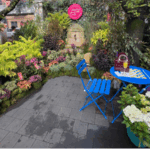


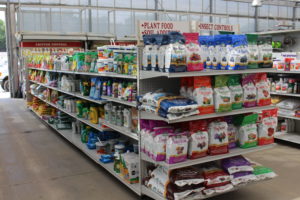





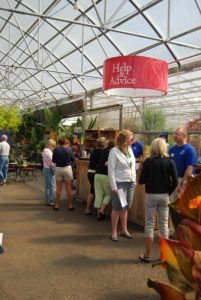

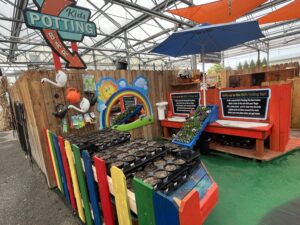
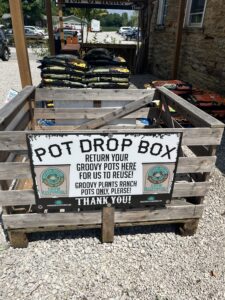

 Videos
Videos





